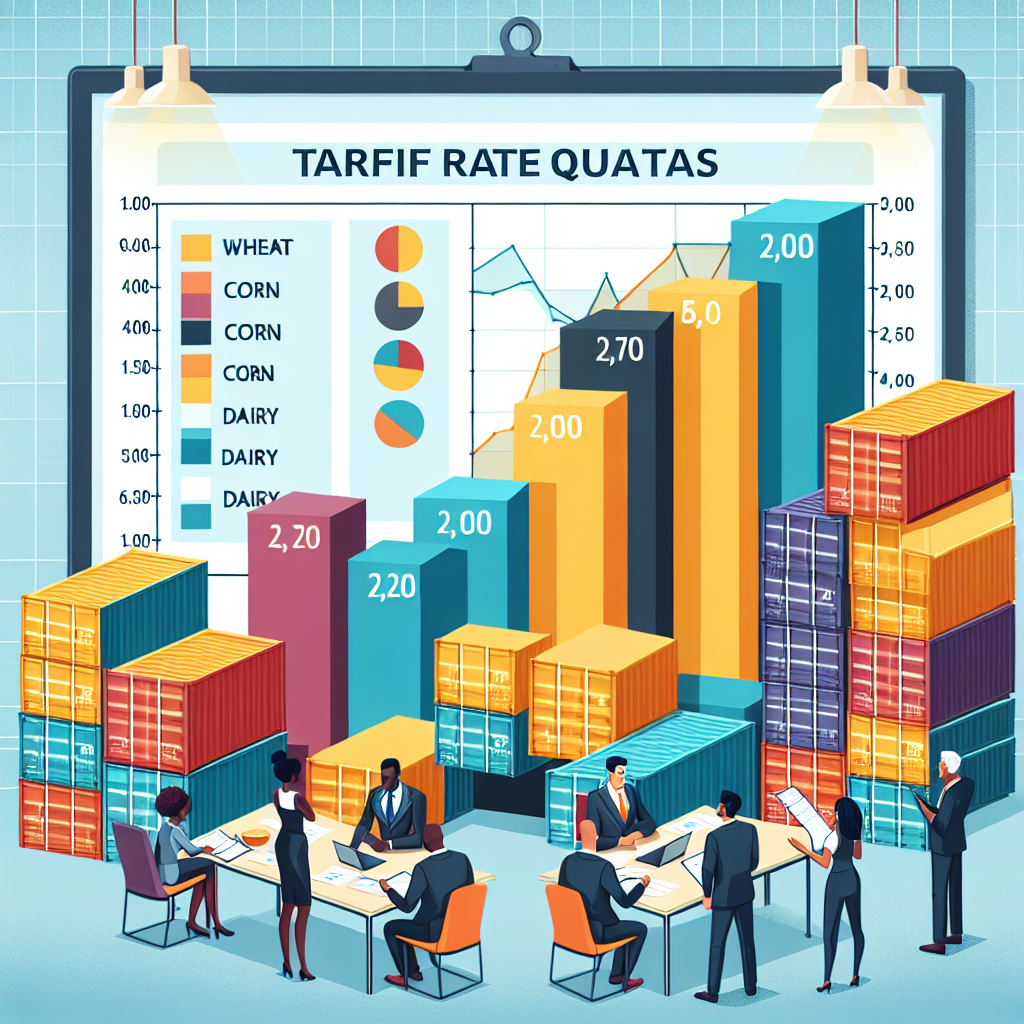WTO Flags Record Tariff Surge as Global Trade Tensions Escalate in 2025
These efforts reflect what the WTO calls “encouraging signs of dialogue,” signaling that nations remain open to negotiated, rules-based solutions, even as trade frictions escalate.

A stark surge in global trade-restrictive measures, particularly import tariffs, has pushed the world trading system into its most volatile state since the 2009 global financial crisis, according to the World Trade Organization (WTO)'s latest Trade Monitoring Update, released on 3 July 2025. Covering the period from mid-October 2024 to mid-May 2025, the mid-year update paints a sobering picture of escalating trade tensions, growing protectionism, and a record rise in the share of global trade covered by new tariffs.
The report reveals that US$ 2.73 trillion worth of global merchandise trade was affected by newly implemented trade-restrictive measures during the review period—more than triple the US$ 887.6 billion reported in the previous 12-month monitoring cycle. This dramatic increase represents the highest level of trade coverage recorded since the WTO began monitoring trade policies in 2009.
19.4% of Global Imports Now Hit by Restrictive Measures
WTO Director-General Ngozi Okonjo-Iweala commented on the report’s findings, warning that the accumulation of such measures now covers 19.4% of global merchandise imports, a sharp jump from 12.5% at the end of 2024.
“Only six months ago, 12.5% of world imports were impacted by trade-restrictive measures accumulated since 2009. That figure has now surged to 19.4%. We are witnessing significant disruptions in the global trading environment,” she said.
Yet, amid heightened trade tensions, Okonjo-Iweala also acknowledged a parallel trend of renewed multilateral dialogue aimed at resolving disputes, citing recent breakthroughs between key global players.
Key Diplomatic Breakthroughs Amid Rising Frictions
The report notes intensified engagement between major trading nations despite the volatile backdrop. Key developments include:
-
The US-China tariff de-escalation agreement signed in Geneva on 14 May 2025, which rolled back select mutual tariff hikes.
-
A follow-up dialogue in London on 11 June, and a US-UK trade agreement finalized in early May, with implementation details shared by mid-June.
These efforts reflect what the WTO calls “encouraging signs of dialogue,” signaling that nations remain open to negotiated, rules-based solutions, even as trade frictions escalate.
Breakdown of Trade Measures
During the seven-month review period, WTO members and observers implemented a total of 644 trade-related measures, broken down as follows:
-
296 trade remedy actions, such as anti-dumping and countervailing duties—accounting for 46% of all measures, but covering just US$ 63.9 billion, or 0.26% of world merchandise trade.
-
141 other restrictive measures, including new tariffs and export bans.
-
207 trade-facilitating measures, such as tariff eliminations and relaxed import/export quotas.
While the number of trade remedies reached their highest since 2012, their trade coverage remains limited in contrast to the sweeping reach of tariff measures, which dominated this review period.
Sharp Contrast: Trade Facilitation Declines
On the flip side, trade-facilitating measures dropped in both volume and value. Their estimated trade coverage was US$ 1.04 trillion, down from US$ 1.44 trillion in the previous report. This suggests that while some members continued to liberalize trade, their efforts were vastly outpaced by the adoption of restrictive policies.
Drivers Behind the Shift: From Stimulus to Security
The WTO report attributes the dramatic increase in trade restrictions to several converging factors:
-
Rising geopolitical tensions and regional conflicts
-
Domestic protectionist agendas
-
A shift in policy focus from purely economic stimulus to broader goals, such as:
-
Climate change mitigation
-
National and energy security
-
Supply chain resilience
-
Since April 2025, governments have increasingly relied on regulatory tools rather than direct economic stimulus (e.g., subsidies and export incentives). These policies, once aimed at supporting recovery from COVID-19 and inflation shocks, are now shaped by more strategic and long-term goals.
Trade in Services: Positive Signs Amid Turbulence
In a relatively more optimistic development, the report highlights 69 new services trade measures adopted by 34 WTO members and four observers. While this is fewer than the previous year, most of the new policies were facilitative in nature, aimed at liberalizing conditions for service suppliers and improving regulatory transparency.
This trend is seen as a commitment to openness in services trade, despite the challenging environment for merchandise trade.
Implications and the Path Forward
The WTO’s findings suggest that global trade policy is at a crossroads. The rise in protectionism is undeniably problematic, but it is being met with new efforts to revive diplomacy and strengthen multilateral cooperation.
“We must not allow trade tensions to harden into a new norm,” Okonjo-Iweala urged. “WTO members need to push for WTO-consistent approaches, deepen reforms, and address the root causes of today’s trade disruptions.”
The Stakes: Rebuilding Confidence in Rules-Based Trade
The report concludes by stressing the need for deep institutional reform of the WTO to meet current global challenges and restore trust in the rules-based multilateral system. With trade increasingly weaponized for security, climate, and geopolitical goals, the WTO’s monitoring role remains critical for ensuring transparency, accountability, and constructive engagement.
ALSO READ
Asian Markets Torn Between Geopolitical Tensions and Economic Uncertainty
Global Markets Juggle Geopolitical Tensions and Economic Signals
Indian Stock Market Defies Geopolitical Tensions with Positive Opening
U.S. Equity Funds Experience Significant Outflow Amid Rising Geopolitical Tensions
Gold and Silver Prices Tumble Amid Global Geopolitical Tensions








